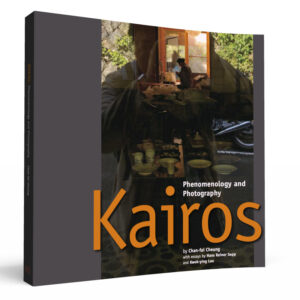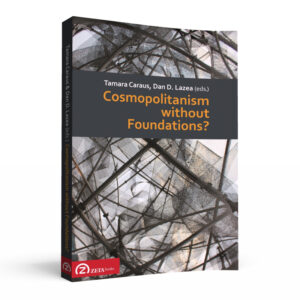Assuming that images are not merely our projections onto the world, what are they? First of all, we are living in an era in which visual images and the visualizing of things that are not necessarily visual have accelerated so dramatically that the global circulation of images has become an end itself, especially through the Internet. Related to this, the context of the images is now wide and open for new forms of interpretation. Nowadays images are more prone to circulation, changed contexts, and remaking. An image can slip nimbly between the realms of desire and the everyday, dream and wakefulness, subjective and collective memory, but also an image can be a world whose experience of the real is, in actuality, constantly and imperceptibly shifting between these categories.
Thoughts on Images is a metatheoretical, and in some sense also metapractical account of how we can approach the role of the image in our contemporary visual and media culture. We are living in a visual and pictorial culture and the contemporary culture is deeply immersed in changing cultural and technological forms. The important question is raised as how far new media and communication techniques do actually determine the culture they actually exist within. The significance of the images in today’s world is greater than ever. Consequently, images have to be studied in a variety of ways and using a wide range of methods and approaches. Images are everywhere around us. In front of the images we have to make choices between the surface of the image and the virtual world it refers to. The perception of the images is not just the processing of the information but also a psychic experience and not straight comparative with the information contained in the pictorial image.
TESTIMONIA
Thoughts on Images is a break-through publication, the culmination of years of research and thought on the meaning and impact of visual narrative in film aesthetics. While the relationship between imagistic representation and language remains an area of current concern and many problems of understanding remain, Thoughts on Images brings together in a concise manner contemporary approaches, allowing the reader to find intellectual bridges among contending ideas, most importantly the relationship between phenomenology and cognitive science. (Paul Majkut, San Diego’s National University).
Ce travail concilie à la fois l’approche phénoménologique et cognitiviste et met en lumière toute la complexité du phénomène visuel au delà du cinéma lui même, en articulant les problématiques de l’image digitale, de l’innovation technologique dans un univers contemporain qualifié d’hyperculture. Dans ce contexte, cet ouvrage s’adresse à un public relativement large au croisement de questionnements pluridisciplinaires et utiles. (Kristian Feigelson, Université Sorbonne Nouvelle/EHESS).
Jarmo Valkola’s book is a product of proactive and innovative research in the field of film theory. The cognitive aspects are not frequent and not widespread in the literature on film and media. Many years of research experience have contributed to the development of a method whereby the author does not approach the phenomena of Images and Visuality from technical and practical perspectives, but from the aspect of cognition. The visual system is a cognitive process which can be understood as mental functioning. This is what constitutes the basis of Valkola’s Philosophy of Image, his innovative method and new scientific conclusions. (Beáta Thomka, University of Pécs).
ISBN: 978-606-8266-22-0 (paperback)
ISBN: 978-606-8266-23-7 (ebook)






